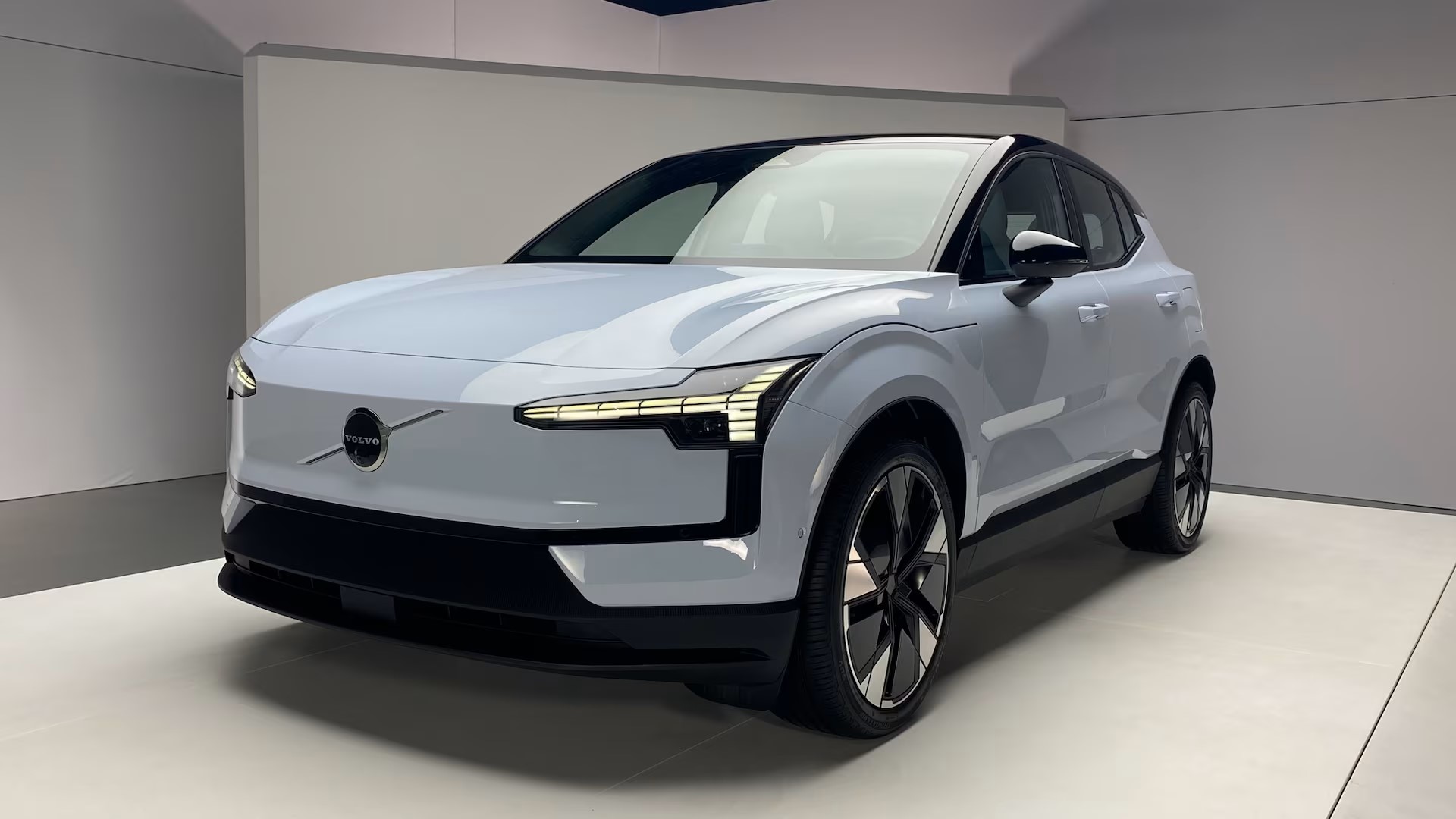Volvo has officially abandoned its goal of producing only electric vehicles (EVs) by 2030, a target the company set with great fanfare just three years ago. In a move that reflects the current complexities of the automotive market, the Swedish automaker announced it will also include hybrid models in its future offerings. The decision underscores the numerous challenges car manufacturers face in adapting to an evolving market where electrification is progressing at different rates across regions.
Volvo now anticipates that by 2030, at least 90% of its production will comprise a combination of fully electric vehicles and plug-in hybrids, rather than an all-electric lineup. The company may also continue producing a limited number of mild hybrids—conventional cars equipped with a smaller electric assist system. This adjustment reflects both the practical realities of the market and the need for flexibility amid the growing but inconsistent demand for EVs.
Jim Rowan, CEO of Volvo, emphasized that while the company remains firmly committed to an electric future, the road to full electrification is far from straightforward. “We are resolute in our vision that the future of mobility is electric,” Rowan said in a statement. “However, the transition is more complex than anticipated, with different regions and customers adapting at varied speeds.” This is a sobering acknowledgment that the push for a global EV revolution will not unfold uniformly across markets, particularly given the disparity in charging infrastructure and government support.
Indeed, one of the most pressing challenges facing Volvo and the wider automotive industry is the slow pace of EV charging infrastructure development, which has limited the mass adoption of electric cars. In Europe, this issue has been compounded by the reduction or elimination of subsidies for EV purchases in key markets such as Germany. The end of these subsidies has led to a marked drop in EV sales, with registrations across the European Union declining by nearly 11% in July, according to data from the European Automobile Manufacturers Association.
Volvo’s reliance on Chinese manufacturing has also exposed the company to increased geopolitical risks. The automaker, majority-owned by China’s Geely, will face significant hurdles as new tariffs are imposed on Chinese-made electric vehicles by countries like the U.S., Canada, and the European Union. These tariffs, which are as high as 100%, have been introduced as part of broader measures to counter perceived unfair subsidies provided by China to its EV sector. China has rejected these accusations and criticized the tariffs as discriminatory, further fueling trade tensions.
Volvo’s shift mirrors a broader trend among global automakers, many of whom are recalibrating their electrification strategies. Ford recently scrapped plans for an all-electric SUV, and General Motors has scaled back its EV production targets as well. These moves highlight the growing realization that while the future of the automotive industry may be electric, the transition is fraught with challenges that will require ongoing adaptation. For Volvo, the decision to scale back its all-electric ambitions does not signify a retreat from its environmental goals. Rather, it reflects a pragmatic recognition that hybrid technology will remain a crucial part of the transition to cleaner transportation. As the industry evolves, Volvo’s ability to balance innovation with market realities will be key to its success in the coming decade.









